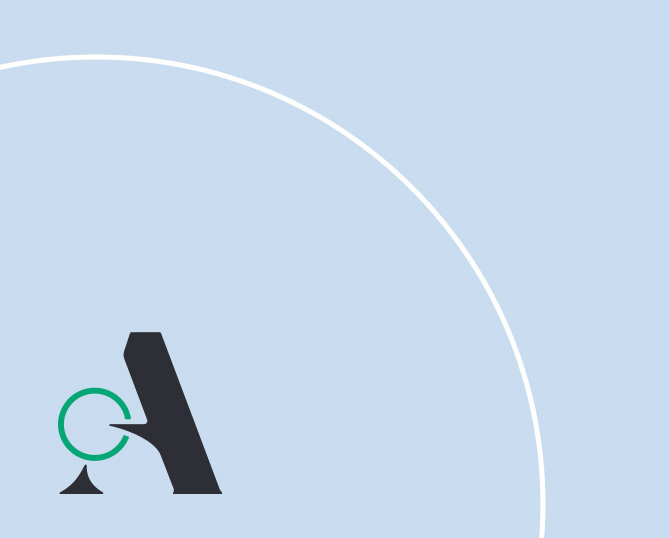
Around the world, Atlas Network partners are promoting economic freedom and entrepreneurship for women. In light of International Women’s Day on March 8, three Atlas Network partners in Canada, Cameroon, and Sri Lanka, have demonstrated the positive effect that economic freedom has on the empowerment of women, especially in developing economies.
The Fraser Institute, based in Vancouver, Canada, is the publisher of the annual Economic Freedom of the World report, the internationally renowned publication which ranks nations based on dozens of criteria for economic freedom and ease of doing business. Many of the metrics that are commonly used to compare the economic conditions of nations, such as per capita gross domestic product (GDP), often overlook the impact of women in a country’s economy, since restrictions on women’s liberties can have wide-reaching economic consequences. To address this, the 2018 edition of the Economic Freedom of the World report has been adjusted to factor in the effects of women’s rights restrictions to produce a more accurate assessment of global economic liberty.

Advocata Institute's recent Economic Freedom Summit.
“Many people have long argued that quantitative economic measures, such as GDP, have an inherent gender bias because they often fail to capture the economic condition of women, so we are pleased to say that the Fraser Institute recently adjusted its internationally renowned Economic Freedom of the World Index to account for gender inequality,” announced Niels Veldhuis, president of the Fraser Institute. “This recognizes the fact that institutions that protect economic freedom are not always equally shared between men and women, making it more difficult — sometimes impossible — for women to enjoy the benefits of greater economic freedom in their countries.”
This accompanies the Fraser Institute’s new project, Women and Progress. The project aims to show the significant positive effects that a free society can have on the lives of women, especially in underdeveloped economies. More information can be found at womenandprogress.org.
Higher levels of economic freedom—the ability of individuals to make their own decisions about what to buy, where to work, whether to start a business or engage in trade—dramatically improve the lives of women and girls around the world.
In Sri Lanka, women face daily barriers to economic success. While a young organization, the Advocata Institute is active in promoting increased economic freedom in the country, including women's rights in the workplace. It is currently illegal for women to work past 8 p.m. in Sri Lanka. Naturally, this serves to stifle their participation in the Sri Lankan economy. Along with Advocata’s work in reforming tariff policy and emigration restrictions, the organization has been a voice in favor of reforming these restrictive laws, and prospective amendments to attract more women into the work force by providing flexible hours are expected to be included in budget proposals later this year.

Dhananath Fernando, COO of Advocata Institute, speaks at the organization's recent Economic Freedom Summit.
The Nkafu Policy Institute, operating in Yaoundé, Cameroon, recently hosted a well-attended entrepreneurship summit, in both English and French. The summit was hosted by three successful Cameroonian businesswomen and covered such topics as entrepreneurial motivation in the country and institutional obstacles to starting a business.
A panel discussion on female entrepreneurship on March 6, 2018, in Yaoundé, Cameroon.
There is a positive correlation between empowering women to greater opportunity and economic development, and Atlas Network partner organizations are engaged in the global movement to bring greater economic freedom to women.